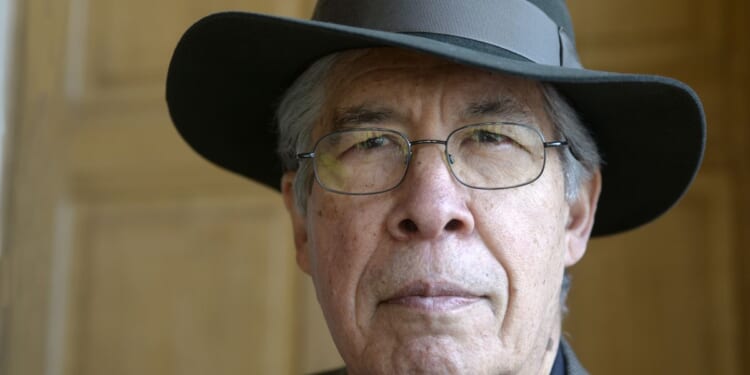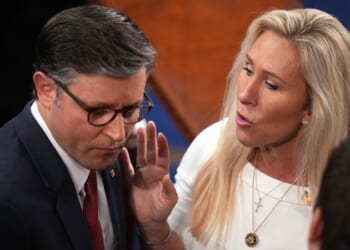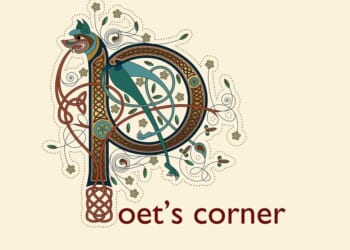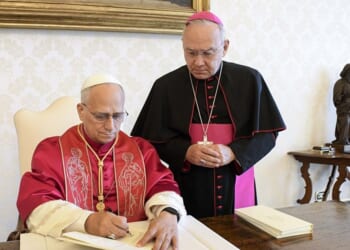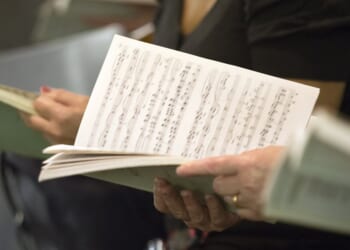Celebrated author Thomas King has discovered that he has no Cherokee ancestry despite believing throughout his life that he was part Indigenous.
The Canadian-American writer, who made the shocking discovery at the age of 82, shared the news in a Globe and Mail opinion piece on Monday, describing how he feels “ripped in half” by the revelation.
A genealogist working with the Tribal Alliance Against Frauds, a US-based organisation that exposes false claims of American Indian heritage, found that Mr King held no Cherokee connections in his family lineage.
The findings were presented to Mr King during a video call earlier this month.
“Not the Indian I had in mind. Not an Indian at all,” he wrote in his emotional essay.
Mr King’s illustrious career spanned decades, earning him prestigious recognition for his writing about Indigenous experiences in North America.
He claimed the RBC Taylor Prize for non-fiction in 2014 for “The Inconvenient Indian” and won the Stephen Leacock Memorial Medal for Humour in 2020 for “Indians on Vacation”.
In 2020, he received one of Canada’s highest honours when he was named Companion of the Order of Canada.

Celebrated author Thomas King has discovered that he has no Cherokee ancestry despite believing throughout his life that he was part Indigenous
|
GETTY
The citation praised how his work “exposes the hard truths of the injustices of the Indigenous peoples of North America”.
Born in California in 1943, King moved to Canada in 1980 to teach Indigenous studies at the University of Lethbridge in Alberta, where his reputation flourished.
King grew up believing his biological grandfather was a man called Elvin Hunt, who his family thought had Cherokee heritage.
His mother explained that he and his brother looked different from their cousins because their father was part Cherokee.

Thomas King was told by his mum that his biological grandfather was of Cherokee descent, but there is no evidence to suggest that was the case
|
GETTY
“My brother and I didn’t look like the rest of the family. We were much darker,” King wrote.
“I have a family picture from the period, and the difference between the two of us and our cousins is marked. Secondly, I looked somewhat Asian.”
Despite this family narrative, King acknowledged his limitations: “I knew who I was. Knew my family history. At the same time, I recognised that I wasn’t a good Indian. I hadn’t been raised on a reserve/reservation. I didn’t speak Cherokee.”
King had been aware of whispers questioning his ancestry for years, though he’d largely dismissed them. This year, he decided to trace where these rumours originated.
After a friend suggested contacting the Tribal Alliance Against Frauds, based in Cherokee, North Carolina, King reached out to the organisation in October.
They arranged a video conference this month with a genealogist and an Indigenous studies professor.
The genealogist had thoroughly researched King’s paternal lineage. “It didn’t lead to the Cherokee,” King wrote. “No Cherokee on the King side. No Cherokee on the Hunt side. No Indians anywhere to be found.”
The organisation suggested King should apologise for his life, but he rejected this idea.
“An apology assumes a crime, an offence, a misdeed,” he wrote, insisting he’d always acted believing he was “mixed-blood Cherokee”.
King plans to return his 2003 National Aboriginal Achievement award, though he maintains his other accolades were earned through his writing rather than ethnicity.
He hopes to keep supporting Indigenous causes and artists, though he admits they might not welcome his involvement anymore.
The Edmonton Opera has already cancelled a planned production based on King’s novel “Indians on Vacation”, citing concerns about community impact.

